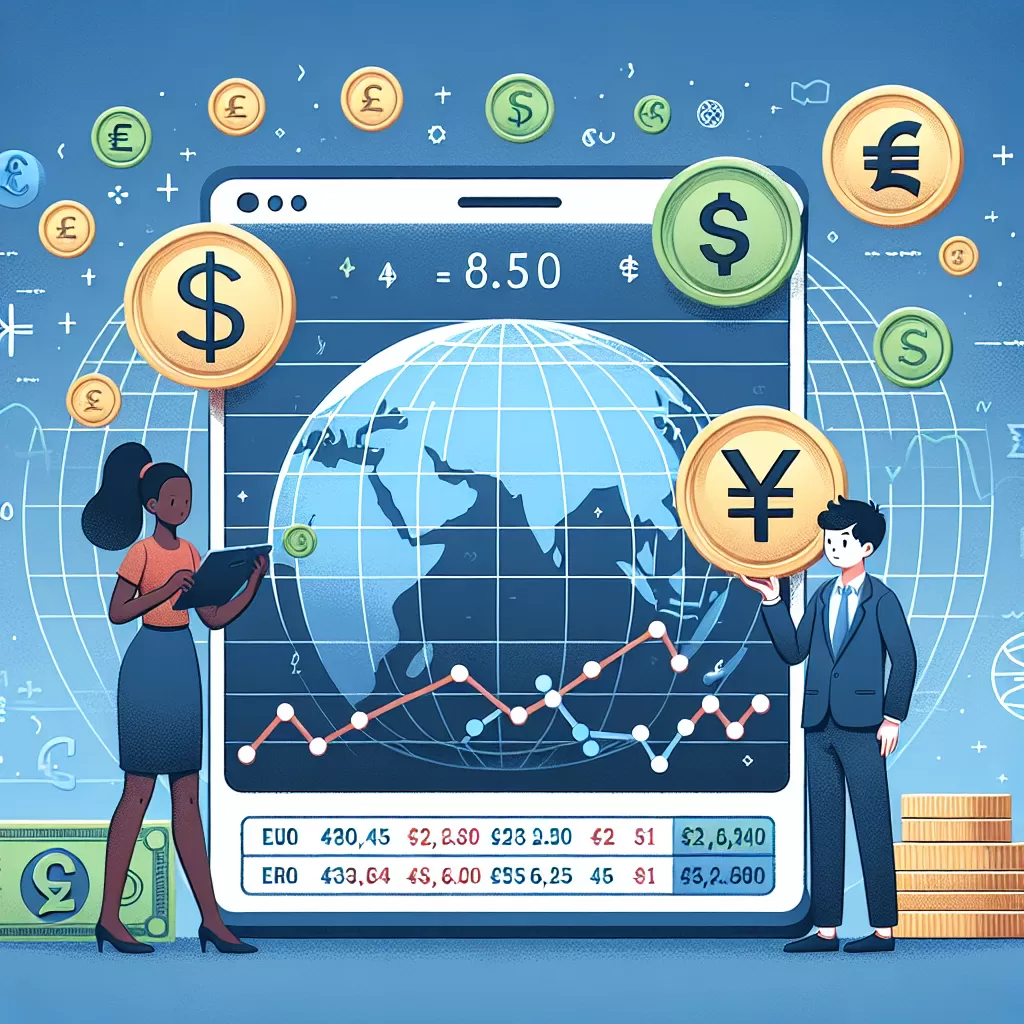What Is The Currency Exchange Rate
Follow Currency Mart April 10, 2024
Where to purchase Foreign Currencies?

Introduction to Currency Exchange Rate
The currency exchange rate is a concept that has been in existence since the advent of global trading. It is quite simply, the value of one currency in terms of another. Currency exchange rates affect every aspect of a country's economy. From the price of a loaf of bread to major business transactions, it is set at the meeting point of two significant economic factors - supply and demand.Understanding the Basics
Essentially, the exchange rate is the price of a country's currency compared to another's. It is influenced by various factors such as economic stability, inflation, and interest rates. A relatively high currency exchange rate means that the country’s currency is strong and can purchase more of the other country’s currency. Conversely, a low exchange rate means that the country’s currency is weak.Factors Influencing Exchange Rates
In a free market, the currency exchange rate is determined by the forces of supply and demand. Suppose a country’s goods and services are in high global demand. In that case, its currency exchange rate will be high as international companies need to buy its currency to pay for those goods and services. Interest rates, inflation rates, and political stability can also significantly affect exchange rates. An increase in interest rates in a country can offer lenders higher returns relative to other countries, which increases the demand for that country’s currency and increases exchange rates.Types of Exchange Rates
Exchange rates typically come in two forms: floating and fixed rates. Floating exchange rates are dictated by the global market of currency trading. The value of the currency fluctuates based on demand and supply trends in the market. In contrast, fixed exchange rates are set and maintained by a government or central bank. The country's currency value is matched to a specific value of another currency or a basket of currencies.Implications of Exchange Rate Movements
Changes in a currency's exchange rate can have significant economic impacts. For individuals planning to travel, a stronger domestic currency means more purchasing power abroad. For businesses, a weaker domestic currency can be beneficial, as it makes exported goods cheaper and more competitive in the global market.Conclusion
Understanding the currency exchange rate is vital when participating in global commerce or planning a trip abroad. It is governed by a complex interplay of factors, from economic health to geopolitical stability. Always doing research and staying updated with global events can ensure you make informed decisions about exchanging currency. Remember, crossing the realm of currency exchange is often not just about getting the best rates, but also understanding the dance of numbers and timing your moves right. As the Guardian of Currency Exchange, it is always my pleasure to guide you through this intricate, ever-changing landscape. Through the transformation of values across borders, there's always a story to tell about the world's currencies. They echo the ebb and flow of economies, the rise and decline of nations, and the interweaving of global commerce.
Where to purchase Foreign Currencies?